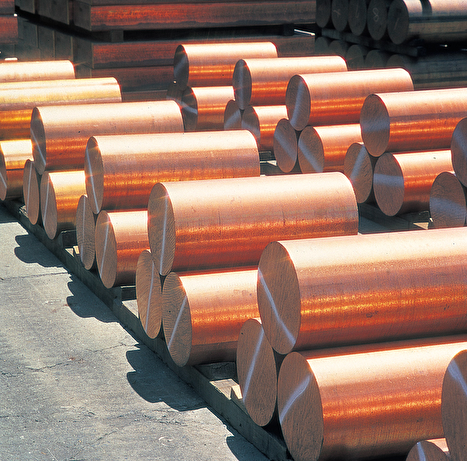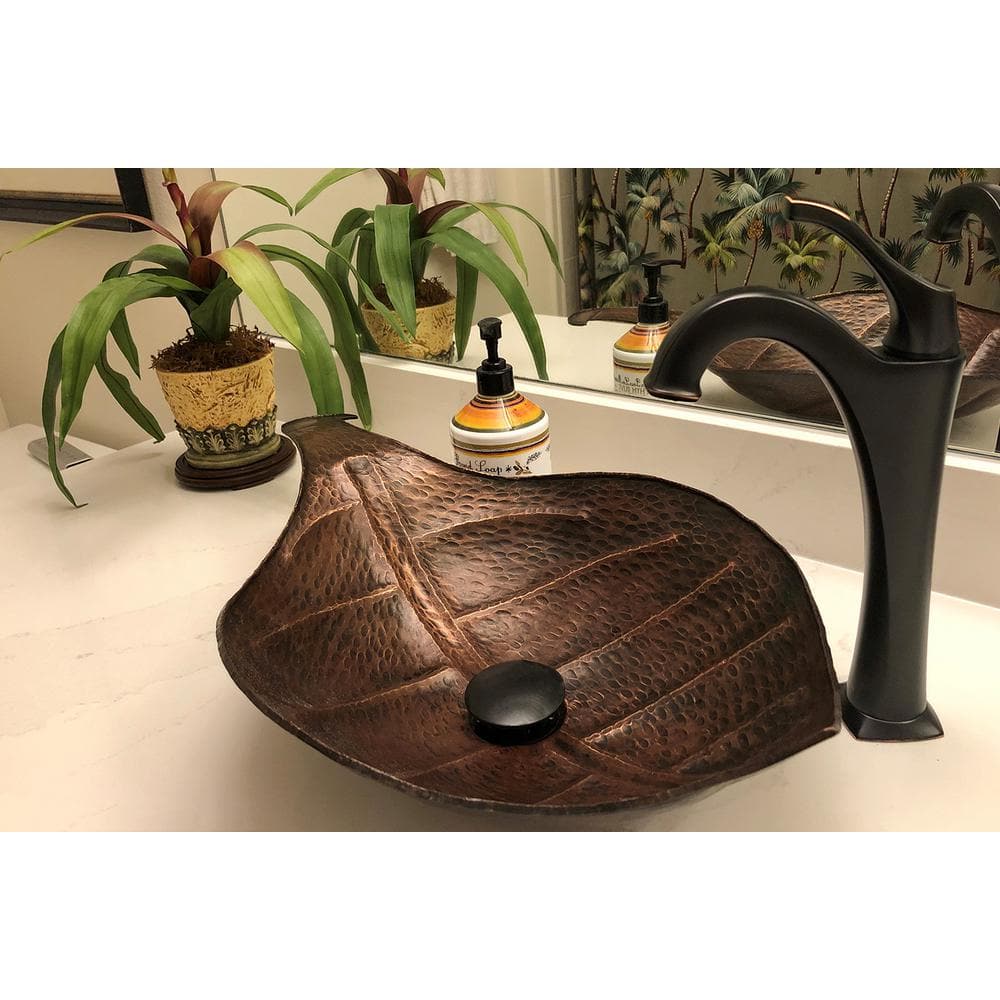Revealing the Wellness Perks of Using Copper Products in Everyday Life
Revealing the Wellness Perks of Using Copper Products in Everyday Life
Blog Article
Discovering the Diverse Applications of Copper Products in Modern Industries
From enhancing the efficiency of electrical systems to playing an important function in eco-friendly energy innovations, the adaptability of copper is evident. As sectors progressively focus on innovation and sustainability, the diverse applications of copper necessitate a closer examination, particularly concerning their potential influence on future technological innovations and environmental methods.
Electrical Applications of Copper
Copper is a crucial product in the electric market, accounting for approximately 60% of the complete demand for non-ferrous steels worldwide - Copper Products. Its remarkable electric conductivity, which is almost twice that of light weight aluminum, makes it the preferred selection for a large variety of electrical applications. From wiring systems in household and industrial buildings to high-voltage power transmission lines, copper makes sure effectiveness and dependability in electricity delivery
Along with electrical wiring, copper is indispensable to the manufacturing of electrical elements such as transformers, electric motors, and generators. These parts leverage copper's thermal conductivity and malleability, vital for heat dissipation and effective efficiency. Copper's resistance to deterioration enhances the life-span and sturdiness of electric systems, making it an affordable remedy in the long term.
The growth of renewable resource sources, such as solar and wind power, has actually even more boosted the need for copper in electrical applications. As sectors shift towards sustainable energy options, copper's duty ends up being a lot more vital. In general, the convenience and efficiency attributes of copper strengthen its standing as a foundation material within the electric industry, driving advancement and performance throughout numerous applications.
Plumbing and Piping Solutions
In modern-day pipes systems, the selection of materials considerably influences both performance and durability. Copper has become a preferred choice due to its one-of-a-kind homes, consisting of corrosion resistance and antimicrobial features. These features guarantee that copper piping stays risk-free and resilient for transporting drinkable water, a critical factor to consider in domestic and industrial applications.
One of the essential advantages of copper in plumbing is its ability to stand up to high temperatures and stress, making it appropriate for a variety of applications, from warm water systems to home heating and cooling networks. Furthermore, copper's adaptability enables much easier installation in complex piping formats, decreasing the danger of failings and leaks.
Another noteworthy advantage is copper's long life-span, typically going beyond 50 years with appropriate upkeep. This longevity not just reduces replacement expenses but additionally contributes to lasting methods by minimizing waste. Copper's recyclability straightens with modern ecological requirements, advertising a circular economic climate within the plumbing industry.
Copper in Renewable Energy
The adaptability of copper prolongs past plumbing applications, playing a vital function in check this site out the renewable power market. In solar panels, copper is used in photovoltaic or pv cells and electrical wiring, facilitating reliable energy conversion and transmission.

Moreover, as the international need for electric cars (EVs) rises, copper's duty in battery systems and charging facilities becomes also much more considerable. The product's capability to conduct electrical energy efficiently is essential to the performance of EV batteries, enhancing array and billing rate.
Copper's Function in Electronics
Electronic devices manufacturing relies greatly on copper's extraordinary homes, specifically its high electric conductivity and thermal effectiveness. These qualities make copper an excellent choice for a large range of digital parts, consisting of connectors, motherboard, and electrical wiring. The metal's ability to effectively send electric signals ensures marginal energy loss, which is critical in high-performance electronic devices.
In addition, copper's thermal conductivity plays a substantial role in heat dissipation, securing sensitive parts from overheating. This is specifically important in contemporary electronic devices, where compact designs cause enhanced heat generation. Copper is likewise favored for its malleability and ductility, permitting it to be conveniently formed right into complex designs that fulfill the demands of sophisticated electronic applications.
With the surge of customer electronic devices, telecommunications, and electric vehicles, the demand for copper in the electronic devices market proceeds to grow. Therefore, copper continues to be a cornerstone product in the ever-expanding field of electronics.
Ingenious Uses in Manufacturing

One remarkable application is in additive production, where copper-based materials are used in 3D printing processes. This permits for the creation of intricate geometries and light-weight elements, specifically in the aerospace and automotive markets. Furthermore, copper's thermal conductivity makes it a suitable selection for heat exchangers, enhancing efficiency in industrial air conditioning systems.
Furthermore, the increase of wise manufacturing has seen the incorporation of copper Extra resources in IoT gadgets, where its conductive capacities support innovative picking up technologies. In the realm of renewable resource, copper is essential in the manufacturing of solar panels and wind generators, promoting more reliable energy conversion and circulation.
As industries pursue sustainability and advancement, copper's flexibility and performance continue to place it as a vital material, driving developments in production and adding to the development of smarter, extra efficient products.
Conclusion
The integral function of copper in sustainable power and its vital function in electronic devices emphasize its significance in progressing sustainable techniques. Jointly, these applications show copper's important contribution to technological development and industrial performance in modern society.
From enhancing the efficiency of electric systems to playing an essential duty in eco-friendly energy modern technologies, the versatility of copper is evident. As sectors progressively focus on advancement and sustainability, the varied applications of copper warrant a closer evaluation, specifically regarding their prospective impact on future technical improvements and environmental practices.
The growth of eco-friendly power resources, such as solar and wind power, has additionally increased the demand for copper in electric applications. In general, the versatility and performance characteristics of copper strengthen its status as visit this site right here a cornerstone product within the electric market, driving advancement and efficiency across various applications.
The versatility of copper extends past plumbing applications, playing an essential function in the renewable power field.
Report this page